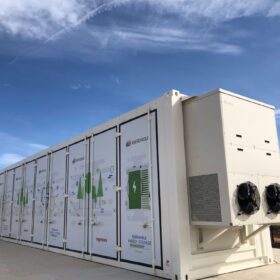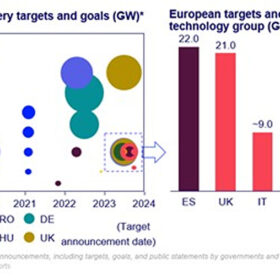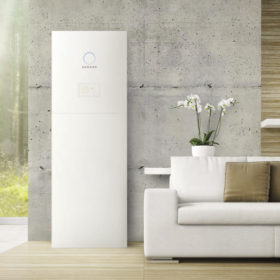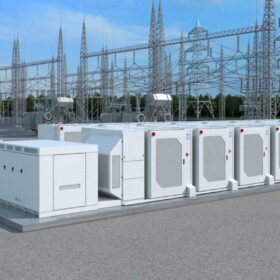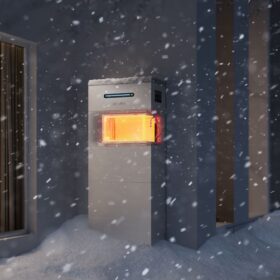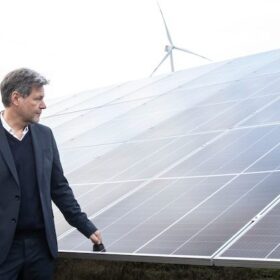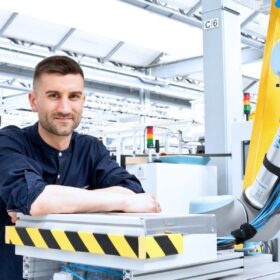Water-source heat pump integrating cooled photovoltaic panels, thermal storage
Researchers in Italy have designed a water-source heat pump system intended for generating cooling, heating and domestic hot water in social housing stock built during the 1970s–1990s. The novel concept integrates photovoltaic-thermal energy with thermal storage and promises a seasonal coefficient of performance of 5.
Optimizing grid-scale battery placement via quantum computing
A computing pilot program, housed within Europe’s largest electricity utility, Iberdrola, found that some quantum and quantum-inspired algorithms matched or outperformed existing benchmarks for optimal placement of grid batteries.
Tackling merchant risk – A deep dive into Europe grid-scale energy storage contracted revenue
Current market conditions are propelling grid-scale project deployment in a more diversified European energy storage market. Anna Darmani, principal analyst – energy storage EMEA, at Wood Mackenzie, examines revenue streams in different parts of Europe and emerging routes to the market.
Europe’s solar, storage markets on stable path, says Sungrow executive
Yang Meng, Sungrow’s director of distribution in Europe, says that despite signs of slowing demand in parts of the residential segment, Europe’s overall solar and storage markets are on a stable path, with potential for growth in the commercial and industrial storage space.
Dutch utility Eneco uses residential batteries for grid stress relief
Dutch energy supplier Eneco has partnered with local energy storage manufacturer Charged to trial the use of solar power stored in home batteries of customers with fixed and variable contracts in a bid to alleviate stress on the grid.
Greece readies for next battery storage growth phase
Greece’s energy storage market is hot with a number of new policies paving the way to new applications in the market. The government is now working a new plan, which will allow the colocation of batteries with existing solar plants as well as standalone, in front of the meter battery energy storage systems.
Weiheng Ecactus releases high voltage lithium iron phosphate battery for residential PV
Weiheng Ecactus has unveiled its new Myrtillo battery system, with 4.99-29.9 kWh of capacity, giving users the flexibility to connect up to five units in parallel.
New fault detection techniques for air-to-air heat pumps
Portuguese researchers have compared several applied machine learning techniques to detect faults in air-to-air heat pumps in cooling mode. The results showed a high level of performance based on four metrics.
The Hydrogen Stream: Germany grants €4.6 billion to 23 green H2 projects
The German government has granted €4.6 billion ($5 billion) for 23 green hydrogen projects, while BP has revealed separate plans to develop a 100 MW green hydrogen installation in Germany.
Elastocalorics could replace heat pumps, air conditioning systems
Elastocalorics have the potential to replace current air conditioning and heating systems, offering significant energy savings when paired with technologies such as photovoltaics.

